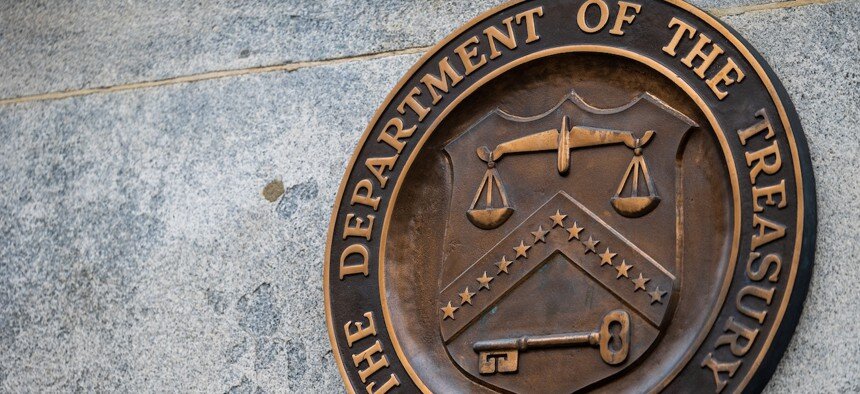US expands sanctions against Iranian defense and nuclear entities

TEHRAN – On Wednesday, the U.S. Department of the Treasury’s Office of Foreign Assets Control (OFAC) announced the designation of 21 entities and 17 individuals it accused of aiding Iran’s Ministry of Defense and Armed Forces Logistics (MODAFL), including in the fields of missile production and military aviation.
The sanctions claim that these networks facilitated the acquisition of sensitive technologies, including components for air defense systems and even a U.S.-origin helicopter.
The measures were unveiled in coordination with the State Department, the Department of Homeland Security, and the FBI, and presented as part of Washington’s efforts to reimpose United Nations sanctions on Iran under the so-called “snapback” mechanism. U.S. officials repeated longstanding allegations against Tehran, with Treasury Secretary Scott Bessent accusing Iran of “supporting proxies” and “pursuing nuclear weapons”—charges Iranian authorities have consistently rejected as baseless.
The networks targeted by OFAC reportedly span Iran, Hong Kong, China, Germany, Türkiye, Portugal, and Uruguay, with U.S. officials claiming they supplied components to subsidiaries of MODAFL such as the Aerospace Industries Organization, Shahid Bakeri Industrial Group, Shiraz Electronics Industries, and the Iran Helicopter Support and Renewal Company (PANHA). Washington said these firms are linked to Iran’s missile development and defense modernization.
The designations were imposed under Executive Order 13382, which has long been used by Washington to sanction Iranian defense institutions, including the IRGC, MODAFL, and the Atomic Energy Organization of Iran (AEOI).
In parallel, the UK Treasury announced on Wednesday an update to its sanctions list, imposing asset freezes and financial restrictions on a new group of Iranian individuals and entities accused of connections to Iran’s nuclear program.
The British statement directed banks and financial institutions to block the accounts and resources of those listed and halt all transactions with them. In total, 121 new names have been added, ranging from AEOI officials and IRGC commanders to defense-linked companies, research centers, and Iranian banks.
The expanded list includes the Atomic Energy Organization of Iran and its facilities in Isfahan, Natanz, and Karaj, as well as financial institutions such as Bank Sepah, a number of shipping and industrial companies, and research entities including Novin Energy and Mesbah Energy. Several senior IRGC commanders and nuclear experts were also named.
Iran has repeatedly stressed that its nuclear program is entirely peaceful, conducted under the monitoring framework of the International Atomic Energy Agency (IAEA), and that sanctions have no basis in international law. Iranian officials argue that such measures are designed to undermine the country’s sovereign right to nuclear technology and scientific progress, while also harming ordinary citizens through economic warfare.
Leave a Comment